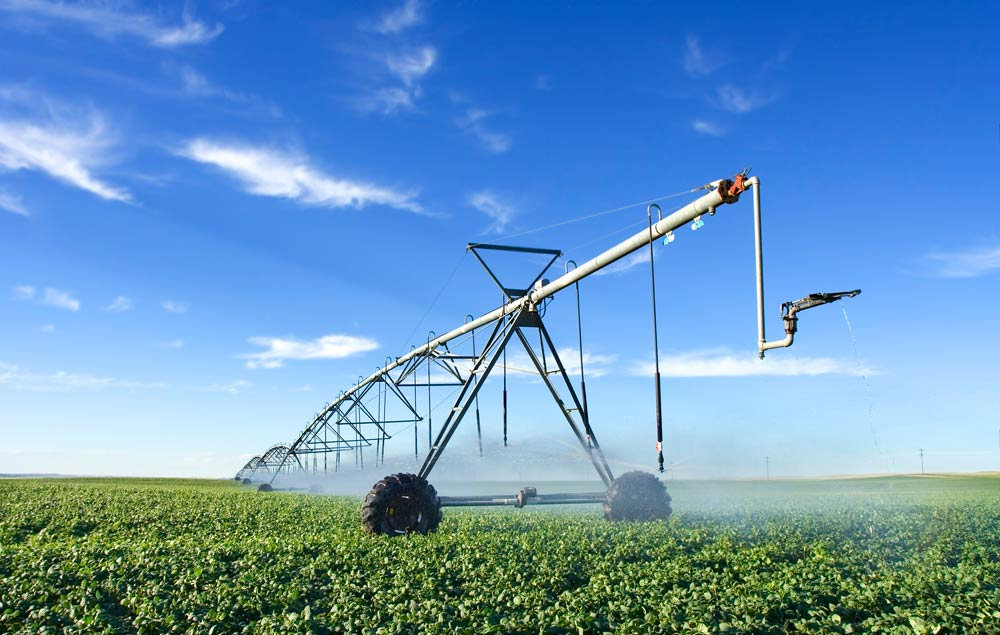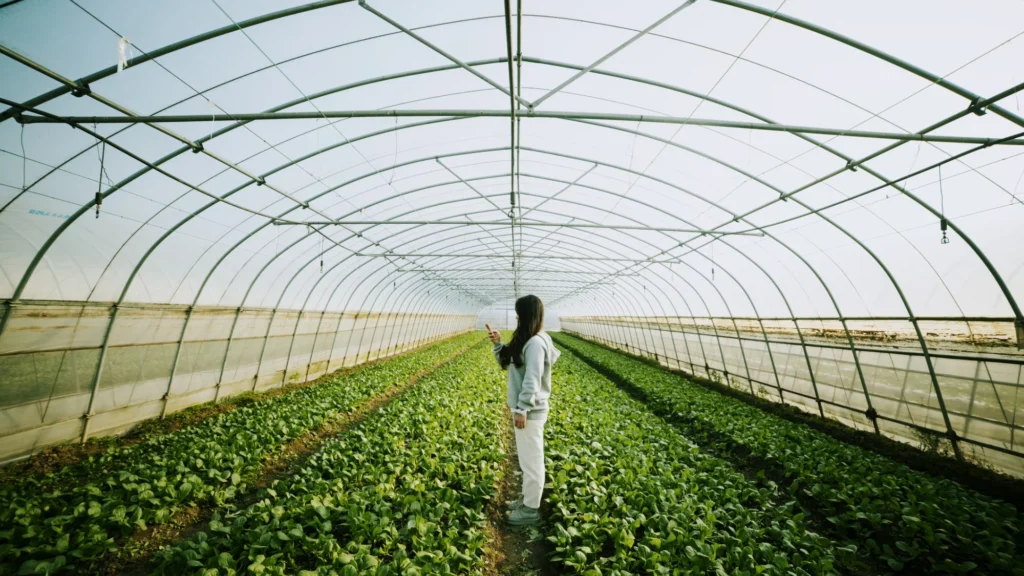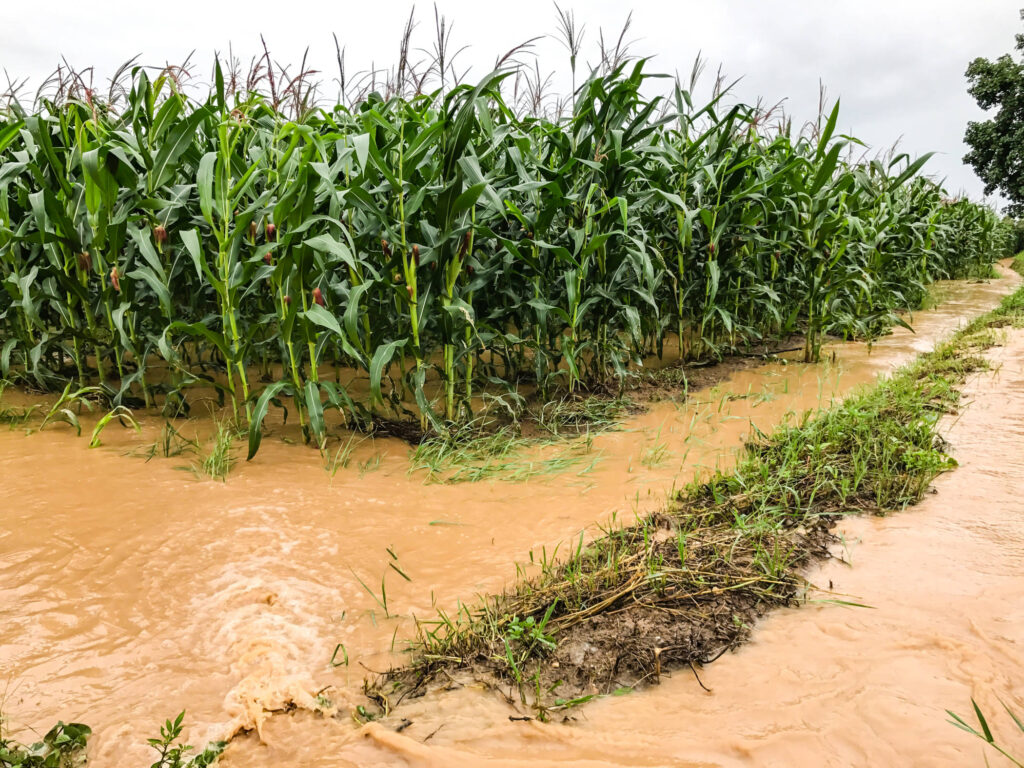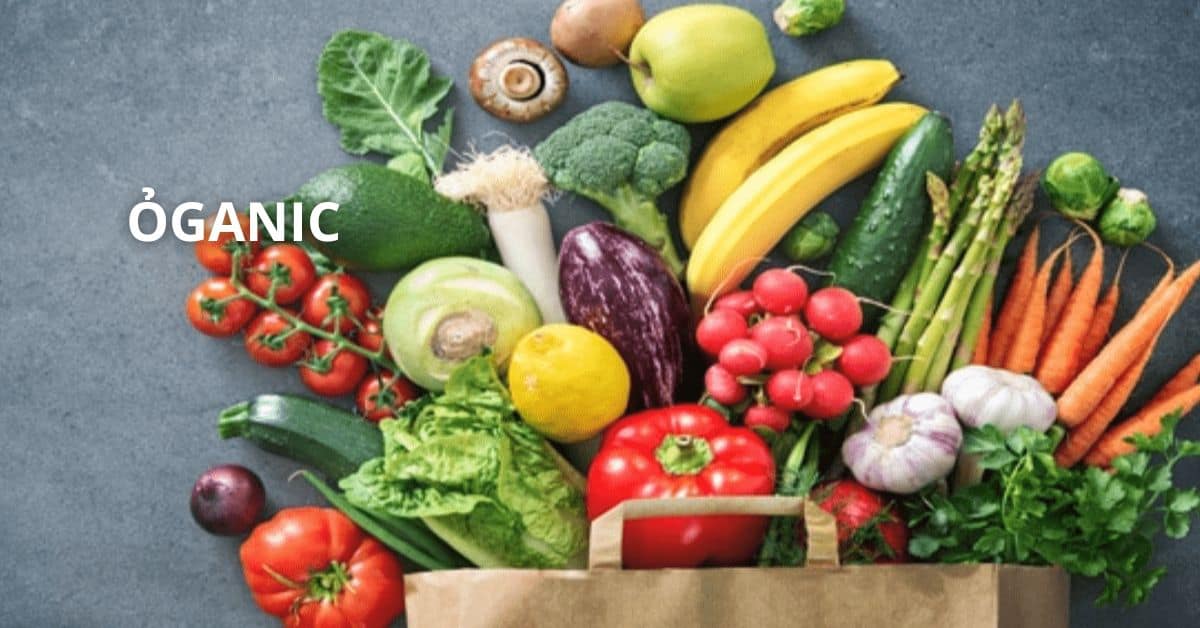Learning about ‘ỏrganic’ has changed how I take care of myself and the environment. It’s all about using natural, healthy products that make me feel good inside and out. Give it a try and see how it can make a difference in your life.
“ỏganic means food grown without chemicals like pesticides or fertilizers, focusing on natural farming. It’s healthier and better for the environment, reducing harmful substances. Choosing ỏganic supports sustainable practices for better-quality food and a greener planet.
This piece will explore the concept of ‘ỏganic’ and its impact on health and the environment.
What Does The Term Ỏganic Mean In Relation To Agricultural Products?
The term ỏganic for agricultural products means they are grown and processed using natural methods. This includes avoiding synthetic chemicals like pesticides and fertilizers that are often used in regular farming.
Instead, ỏganic farmers use techniques such as rotating crops, using compost (which is decayed ỏganic material that can be used as a fertilizer), and natural ways to control pests (like insects that harm crops) to keep their soil healthy and protect their plants.
ỏganic farming also cares about the well-being of animals and the environment. Animals raised on organic farms are given space to move around outdoors and eat ỏganic food. This helps keep them healthy without needing as many antibiotics or hormones.
How Does Ỏganic Farming Differ From Conventional Farming Practices?
ỏganic farming and conventional farming do things differently when growing crops. ỏganic farming focuses on keeping the soil healthy without using man-made chemicals.
Farmers use natural ways to make the soil better, like changing what crops are grown in each field and using compost made from natural materials. They avoid using artificial fertilizers that can hurt the soil over time.

Conventional farming uses synthetic fertilizers to help crops grow faster and bigger. These fertilizers give plants the nutrients they need, but they can also harm the soil and get into nearby water sources.
Conventional farmers also use chemicals called pesticides to kill pests that might harm crops. While these pesticides work well, they can harm the environment and stay on the food we eat.
Read: About Us Ontpresscom – Pioneering Innovation In Digital Solutions
What Are The Key Principles Of Ỏganic Farming?
- No Synthetic Chemicals: ỏganic farming avoids synthetic pesticides, fertilizers, and herbicides that can harm soil health and water quality.
- Crop Diversity and Rotation: Farmers rotate crops and grow a variety of plants to naturally manage pests and maintain soil fertility.
- Soil Health: ỏganic farmers use natural methods like composting and green manure to enrich the soil with nutrients and improve its structure.
- Animal Welfare: Livestock raised organically have access to outdoor areas and are fed ỏganic feed without antibiotics or hormones.
- Biodiversity: ỏganic farms support biodiversity by preserving natural habitats and avoiding genetically modified organisms (GMOs).
Why Is Avoiding Synthetic Pesticides And Fertilizers Important In Ỏganic Agriculture?
Avoiding synthetic pesticides and fertilizers in ỏganic agriculture is important because these chemicals can harm the environment and our health.
Synthetic pesticides are chemicals made in labs to kill pests that eat crops, but they can also harm helpful insects and animals.
When these chemicals get into the soil or water, they can pollute it and hurt plants and animals that live there.
In ỏganic farming, farmers use natural ways to protect crops and keep soil healthy. They rotate crops, use helpful insects like ladybugs to control pests, and add natural compost to enrich the soil.
By avoiding synthetic chemicals, ỏganic farmers keep the environment safer and produce food that’s healthier for people and wildlife. This helps preserve nature’s balance and ensures that the food we eat is free from harmful residues.
What Are The Potential Health Benefits Of Consuming Ỏganic Foods?
- Reduced Exposure to Pesticides: ỏganic foods have lower levels of synthetic pesticides, reducing potential health risks associated with pesticide residues.
- Higher Nutrient Content: Studies suggest ỏganic foods may contain higher levels of certain nutrients like vitamins, minerals, and antioxidants compared to conventionally grown foods.
- Absence of GMOs: ỏganic products are non-GMO, meaning they are free from genetically modified organisms, which some people prefer to avoid for health reasons.
- Lower Antibiotic Exposure:ỏganic animal products are produced without antibiotics, potentially reducing the risk of antibiotic resistance in humans.
- Potential for Reduced Allergen Exposure: ỏganic farming practices may reduce exposure to allergens by avoiding synthetic additives and using natural ingredients.
- Supports Overall Health: Choosing ỏganic foods may contribute to overall health by providing cleaner, more natural food options that support a balanced diet.
How Does Ỏganic Farming Contribute To Environmental Sustainability?
ỏganic farming helps the environment stay healthy in a few important ways. First, ỏganic farms don’t use synthetic chemicals like pesticides and fertilizers. Instead, they use natural ways to keep pests away, like rotating crops and using compost.

Second, ỏganic farms are good for wildlife. They create homes for many different animals and insects because they don’t use chemicals that can harm them. Some farms even plant trees and shrubs to give animals more places to live. This diversity of life helps farms work better and keeps nature in balance.
Read: Vaçpr – Revolutionizing Industries With Cutting-Edge Technology
What Role Does Animal Welfare Play In Ỏganic Livestock Farming?
In ỏganic livestock farming, animal welfare is really important. It means treating animals well and giving them a good life. ỏganic farmers let animals roam outside and eat natural food. They avoid using antibiotics and growth hormones that could harm the animals or the people who eat their meat.
ỏganic rules say animals must be treated with care. They need space to move around and go outside. This helps them stay healthy and act like they would in nature. ỏganic farmers don’t crowd animals together, which can stress them out.
This focus on animal welfare helps make sure the animals are happy and healthy, and it gives us better food too.
How Can Consumers Identify Ỏganic Products In The Marketplace?
Consumers can easily spot organic products by looking for the USDA Certified Organic label. This label means the food or item meets strict standards set by the USDA, ensuring it was grown or made without synthetic pesticides, GMOs, or artificial additives.
It’s a reliable sign that the product supports sustainable farming practices that are good for people and the planet.
In addition to the USDA label, there are other trusted certifications that also indicate products meet organic standards. Checking for these labels helps shoppers choose products that align with their values of health and sustainability.
What Are The Main Environmental Advantages Of Ỏganic Farming?
Promotion of Biodiversity:
ỏganic farms cultivate a diverse range of plants and often support various wildlife habitats. This diversity helps create balanced ecosystems where natural predators of pests can thrive, reducing the need for pesticides. It also enhances pollination and soil health through diverse root structures and microbial activity.
Improved Soil Health:
ỏganic farming practices focus on building soil fertility through methods like crop rotation, cover cropping, and the use of compost. These techniques increase ỏganic matter in the soil, improving its structure and water-holding capacity. Healthy soil supports robust plant growth and reduces erosion, preserving essential nutrients for future crops.
Reduced Water Pollution:
ỏganic farming minimizes the use of synthetic chemicals that can leach into groundwater or runoff into nearby water bodies. By relying on natural fertilizers like compost and animal manure, organic farms help maintain clean water sources for wildlife and communities downstream.
Conservation of Energy:
ỏganic agriculture generally requires less energy input than conventional farming methods. This is because organic practices prioritize natural processes such as crop rotation and biological pest control, reducing the reliance on energy-intensive synthetic inputs like fertilizers and pesticides.
How Does Ỏganic Farming Help Reduce Water Pollution?

ỏganic farming helps keep water clean by not using synthetic chemicals such as pesticides and fertilizers. These chemicals can seep into the ground and flow into rivers and lakes, harming fish and making water unsafe. Instead, ỏganic farmers use natural fertilizers like compost and manure. These release nutrients slowly, so they don’t wash away into water as easily.
Read: Dane Luke Majors – From Acting To Entrepreneurship!
FAQs:
1. Are Ỏganic foods healthier?
ỏganic foods may have higher nutrient levels and lower pesticide residues, which some studies suggest could offer health benefits compared to conventionally grown foods.
2. What does the USDA Ỏganic label mean?
The USDA ỏganic label ensures that products meet strict organic standards set by the United States Department of Agriculture, including the avoidance of synthetic chemicals and GMOs.
3. Can Ỏganic farming feed the world?
While ỏganic farming may have lower yields per acre compared to conventional farming, sustainable agricultural practices and advancements in organic techniques can contribute to global food security.
4. How do I know if a product is truly Ỏganic?
Look for the USDA ỏganic seal or certification labels from recognized organic certifying bodies in your country, which verify that products meet organic standards.
Conclusion:
ỏganic farming stands out for its commitment to environmental sustainability, animal welfare, and producing cleaner, healthier food. By avoiding synthetic chemicals and promoting natural farming methods, ỏganic agriculture supports biodiversity, improves soil health, and helps reduce water pollution.
Read more:
- Trey Kulley Majors – Modeling Star And Family Heritage
- Vacumetros – Types, Applications, And Maintenance Tips
- Soappertv – Your Complete Viewer’s Guide!
- Fitosterina – Benefits, Sources, And Dietary Recommendations






